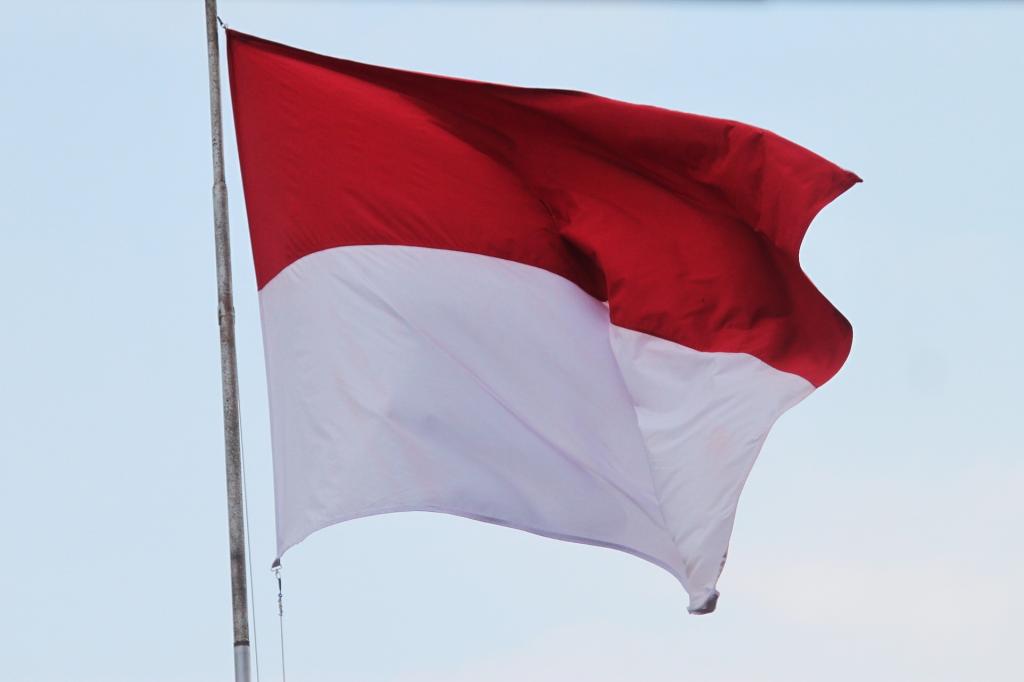Abstract
In the Malaysia’s 2018 General Election, the supremacy of Barisan Nasional (National Front), started to deteriorate when the two-third usual majority suddenly successfully is being denied. However, the transformations in Malaysian’s socio-political culture have created some evolutions and repercussions in line with the current development. The scenario has been observed through some different phases that prolonged from traditional Malay Sultanate of Malacca to an open practice in the recent political trend. Malaysia (formerly known as Malaya) had gone through various political development until the existence of ethnicity-based-orientation as well as the domination of the ruling party for a long period of time via total political-hegemony practice. Apparently, hegemony is said to be more appealing when the civil society’s institution are literally consented by their submissive action towards the ruling class, thus this kind of vertical top-down form of governing is voluntarily abide by them. The transition leads to the new practice of counter-hegemony-post hegemony which goes against the current practice. Furthermore, the reflections of democratic practices through the power sharing between Pakatan Harapan (namely composed of Bersatu, Amanah, DAP and PKR) and National Front party were strongly significant in the Malaysia’s democracy. However, the discussions of sense of loyalty, transparency, good governance, civil rights, power of the media and other elements still be questioned by the people. This paper analyses the ‘natural obedience’ in the political system whereby Islam as an official religion plays dominant role in Malaysian context. This resulted to the challenges put forward by the opposition created new phenomenal political paradigm shift among the people. The political survival among the political parties in Malaysia displayed interesting landscape on the society.
Keywords: Natural obedience, democracy, political survival, hegemony, sustainability.


